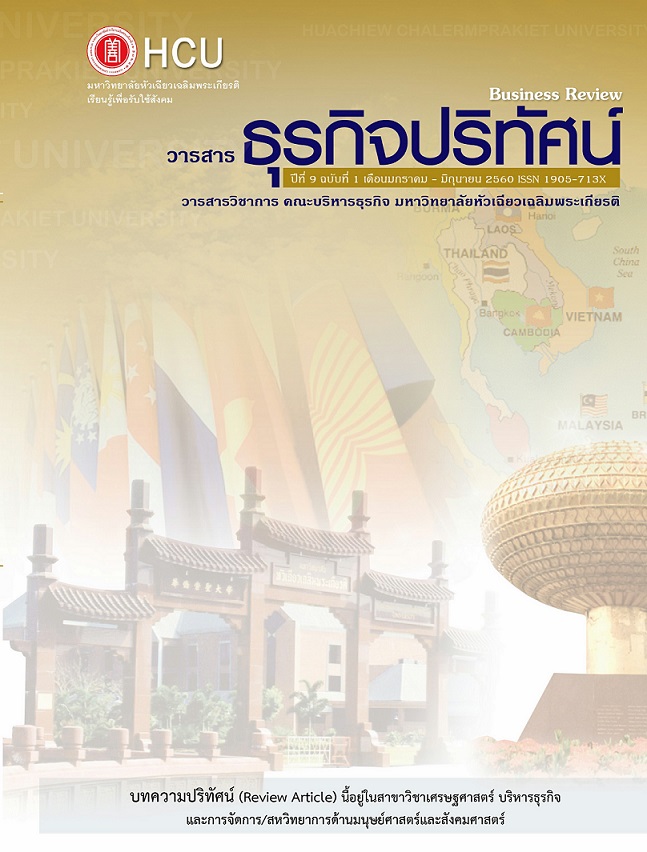Use of Web 2.0 to Support Human Capital Creation: A Case of Indigenous Knowledge in Rural of Thailand
Keywords:
Human capital, Human capital creation, Indigenous knowledge, Web 2.0Abstract
Indigenous knowledge (IK) has values for local in strengthening food, health and economic security, and sustainable society and ecological systems. It would be human capital for local communities, especially the young generation before they have been far from communities, in order to effectively utilize it. IK has specific characteristics. It is transferred and created based on oral transmission and informal methods within local
environments and cultures. IK human capital creation for the young generation would be based on learning styles of the young generation known as the Net generation. This study aimed to apply Web 2.0 services to support IK human capital creation for the young generation in rural of Thailand. This study was conducted with action research at Baan Yangdaeng school in Sanamchaikate district of Chacheonsao province in the east-central region of Thailand. The population of the study was students at Prathom 5 and 6 which altogether 22 students and resource people for indigenous knowledge HC creation were the members of the Organic Agriculture in Sanamechaikate district who were community members. An action team chose four Web 2.0 services—blog, social network with Facebook, and multi-media sharing with Youtube and Flickr to support IK human capital creation processes. The study used the knowledge of indigenous vegetable as the IK for study. The study found that students were interested to use social network with Facebook, and multi-media sharing with Youtube to learning and sharing. All the services would
support both direct and indirect IK human capital creation processes.
Downloads
Published
How to Cite
Issue
Section
License
All articles published in the Business Administration and Management Journal Review are copyrighted by the journal.
The views and opinions expressed in each article are solely those of the individual authors and do not represent those of Huachiew Chalermprakiet University or any other faculty members. Each author is fully responsible for the content of their own article. Any errors or issues found are the sole responsibility of the respective author.




